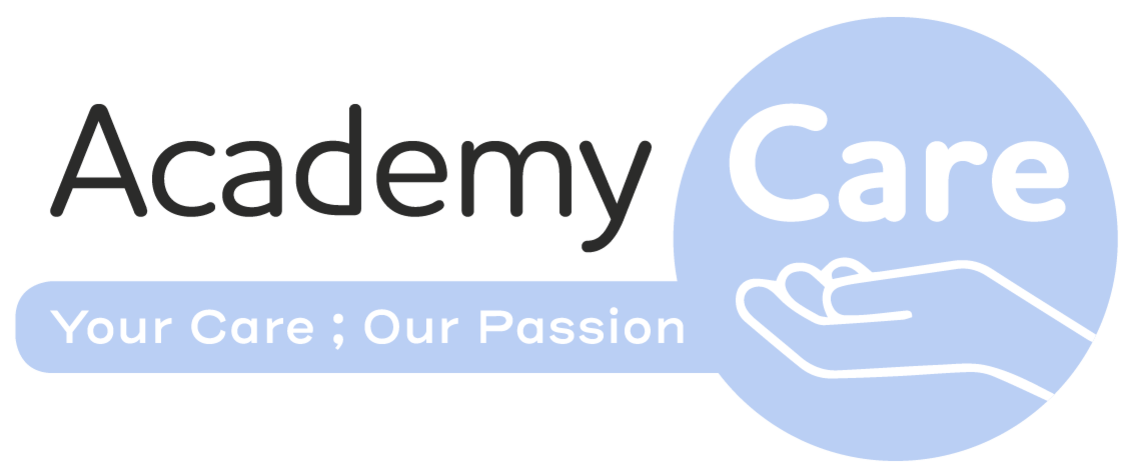Cervical Cancer: Understanding the Causes, Symptoms, and Prevention
Posted on 10th January 2024 at 13:41
Cervical cancer is a significant health concern affecting women worldwide. It develops in the cervix, the lower part of the uterus connecting to the vagina. Although advancements in medical science have improved prevention and early detection, it is crucial for women to equip themselves with knowledge about cervical cancer, its causes, symptoms, and how it can be prevented. By understanding the risks and taking necessary precautions, we can help reduce the incidence and impact of this disease.
Causes:
Cervical cancer is primarily caused by persistent infections with certain types of Human Papillomavirus (HPV). HPV is a common sexually transmitted infection that affects both men and women. However, not all HPV infections lead to cervical cancer, as the immune system can effectively combat the virus. But in some cases, if the infection persists for a prolonged period, certain high-risk strains of HPV can lead to abnormal cell changes in the cervix, eventually progressing to cancerous cells.
Symptoms:
In its early stages, cervical cancer may not display any noticeable symptoms. Regular screenings, typically in the form of Pap smears or HPV tests, are vital for detecting any abnormal cell changes before they become cancerous. As cervical cancer progresses, symptoms may include abnormal vaginal bleeding, such as bleeding between periods or after sexual intercourse, pelvic pain, unusual vaginal discharge, and pain during intercourse. Any such symptoms should not be ignored and must be promptly discussed with a healthcare professional.
Prevention:
Preventive measures can significantly reduce the risk of developing cervical cancer. Vaccination against the most common high-risk strains of HPV is an essential step for younger females (and males) to protect themselves against cervical cancer. Regular screenings, such as Pap smears, allow for early detection of pre-cancerous cell changes and increases the chances of successful treatment. It is also crucial to practice safe sex by using condoms and limiting sexual partners to decrease the risk of HPV transmission. Maintaining a healthy lifestyle, including abstaining from smoking, also aids in lowering the risk.
Cervical cancer remains a threat to women's health, but understanding its causes, recognizing its symptoms, and implementing prevention measures can make a difference. Regular screenings, HPV vaccines, and adopting safe sexual practices are essential in the battle against this disease. By raising awareness and promoting education about cervical cancer, we can strive towards its prevention, early detection, and better outcomes for women around the world. Remember, knowledge is power when it comes to protecting ourselves and our loved ones from cervical cancer.
How can we help:
Academy Care, are a domiciliary care company, providing support to individuals whom for reasons of ill health or disability, could benefit from long or short-term domiciliary care services in the comfort and familiar surroundings of their own home. Our highly trained, passionate carers, support people daily in their own homes, to optimise both their independence and wellbeing.
We create tailored care plans to meet the needs of all our clients, working with the client, their family and any medical or social services to ensure that the client gets the very best care for them. We also continuously monitor these care plans to ensure that they are up to date with the needs of the client, as needs can change very quickly.
We will work with you, the client’s family to deliver the care, helping to ensure that everyone involved is happy with the care being provided and that the client’s needs are being met through our service.
If you would like to discuss how we can help you, give us a call on 01924 925 244, alternatively look at our services here.
Share this post:


